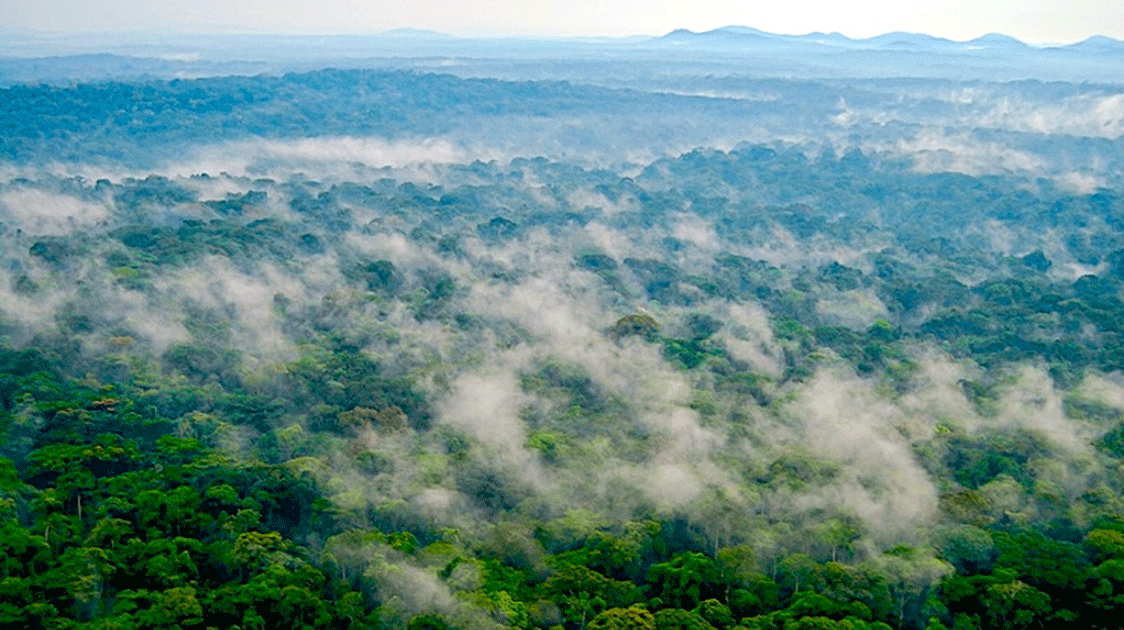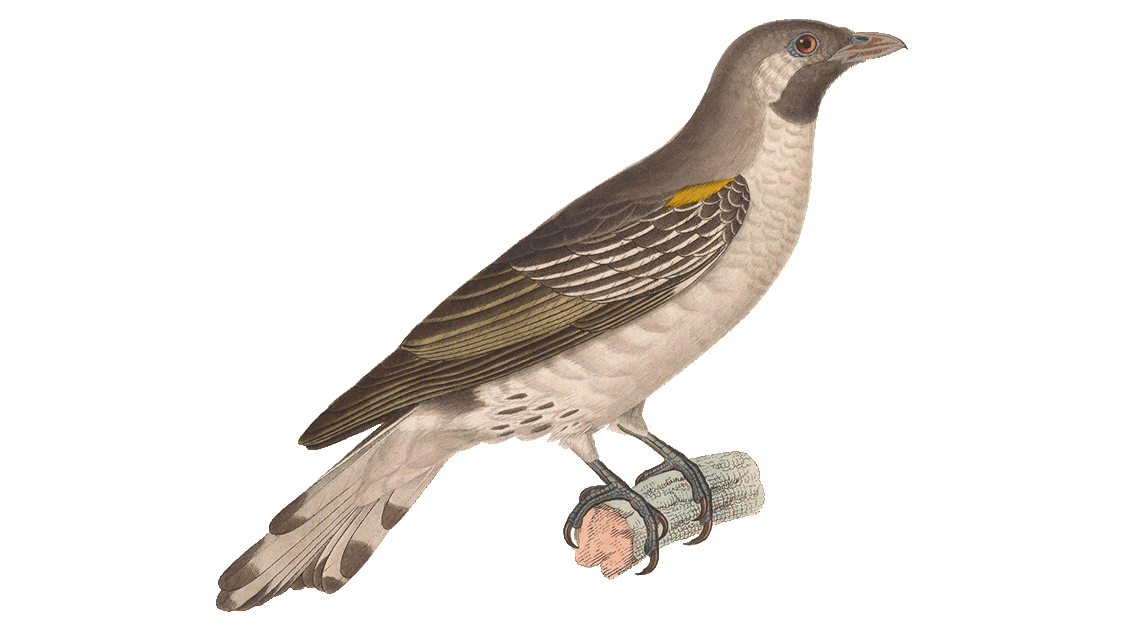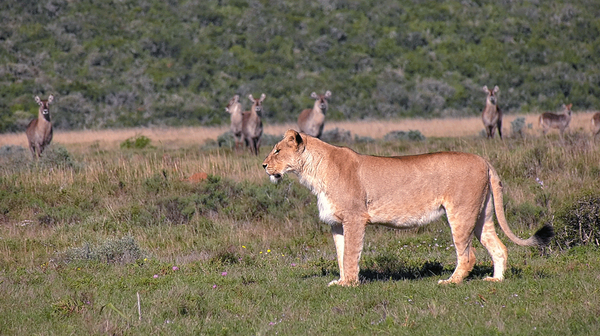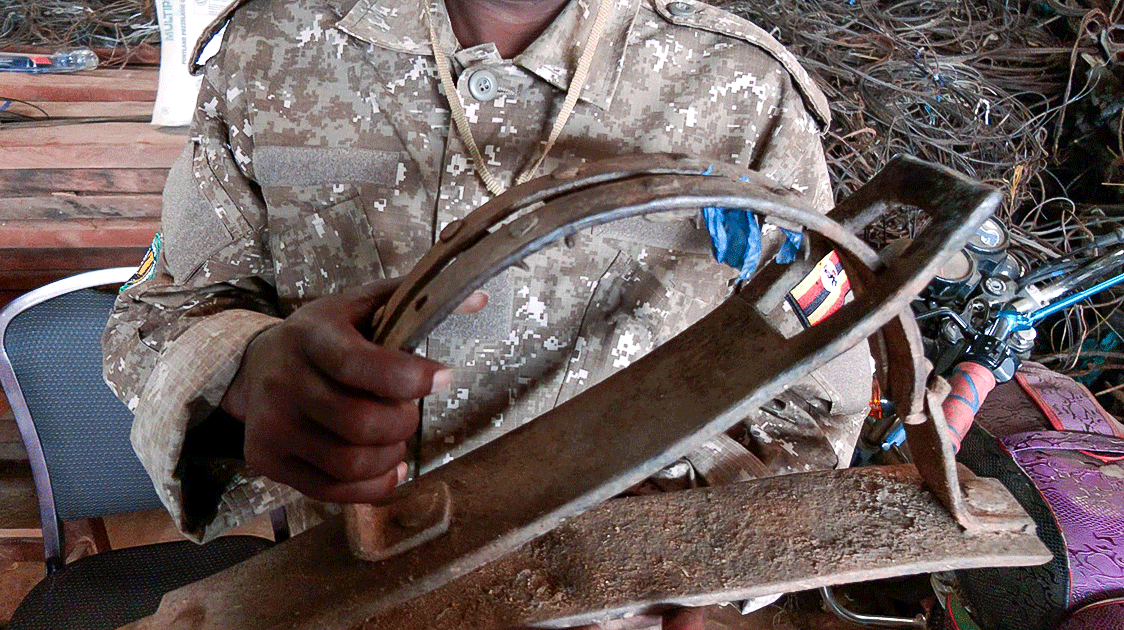PATROL - VOLUME 1
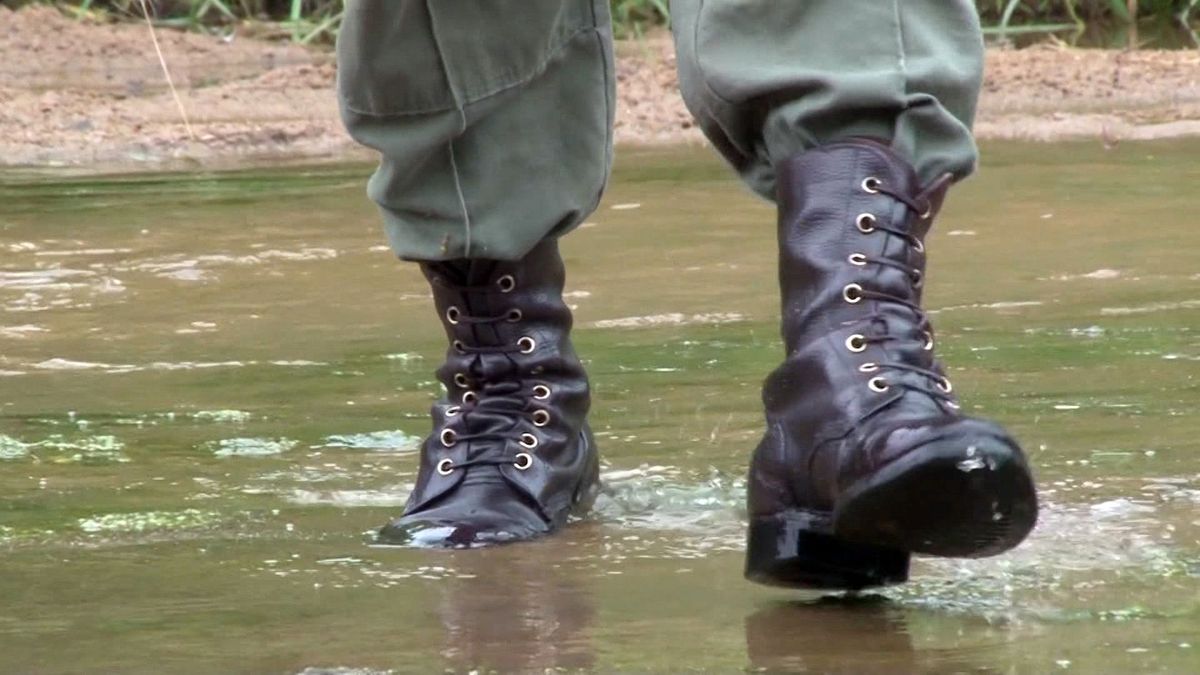
Editorial
In his book “Poachers in the Hills” Nick Steele weaves the story of game warden Norman Dean’s life in the Hluhluwe Game Reserve in KwaZulu-Natal, South Africa, with his own experiences there. The story begins in March 1956 when Steele arrives at the reserve as a 22-year-old junior ranger to serve under Dean’s strict, disciplinarian rule.
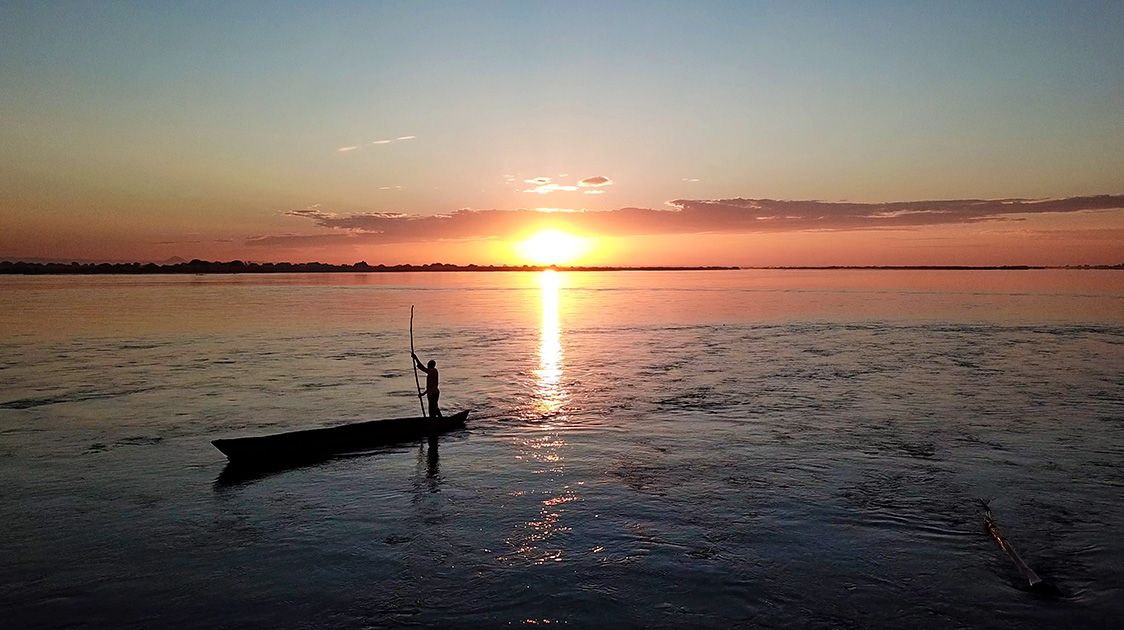
The Zambezi-Tambara Conservancy (9-min Video)
Two hundred fifty kilometers downstream from Cahora Bassa Dam on the banks of the Zambezi River, a new wilderness recovery project has been launched, covering 5 400 square kilometers. The anti-poaching operations in the area are critical to the project's success.
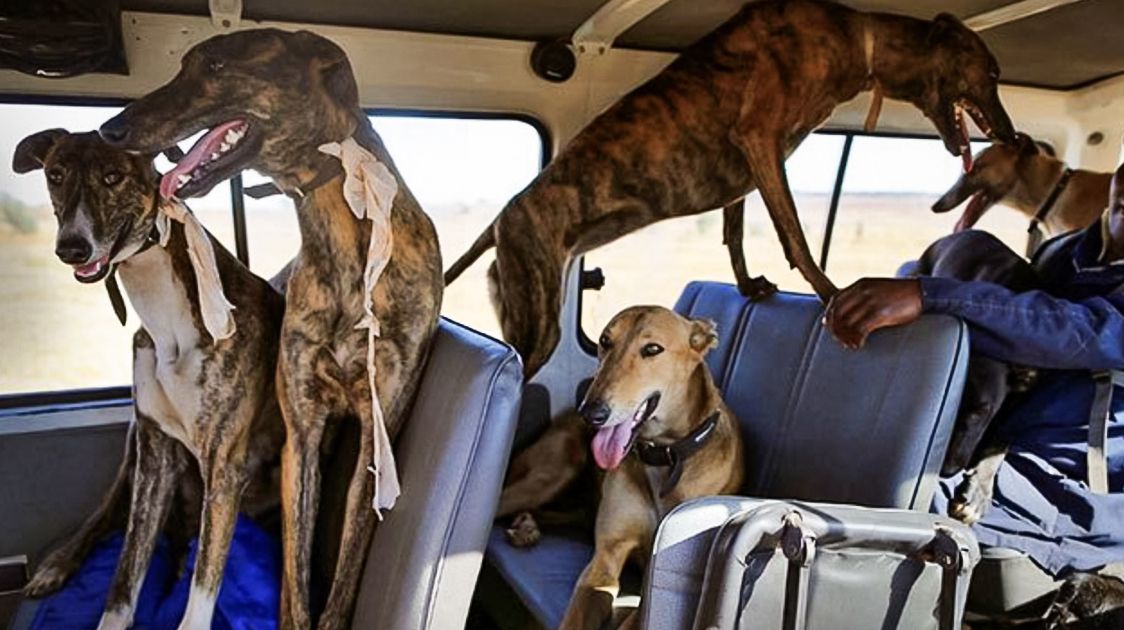
The Scourge of Poaching with Dogs
It is funny how animal rights activists are quick to condemn a legal safari-hunted lion, but how often is there a public outcry and mass social media explosion over the poaching of a common reedbuck or oribi? Many of them wouldn’t know what an oribi is.
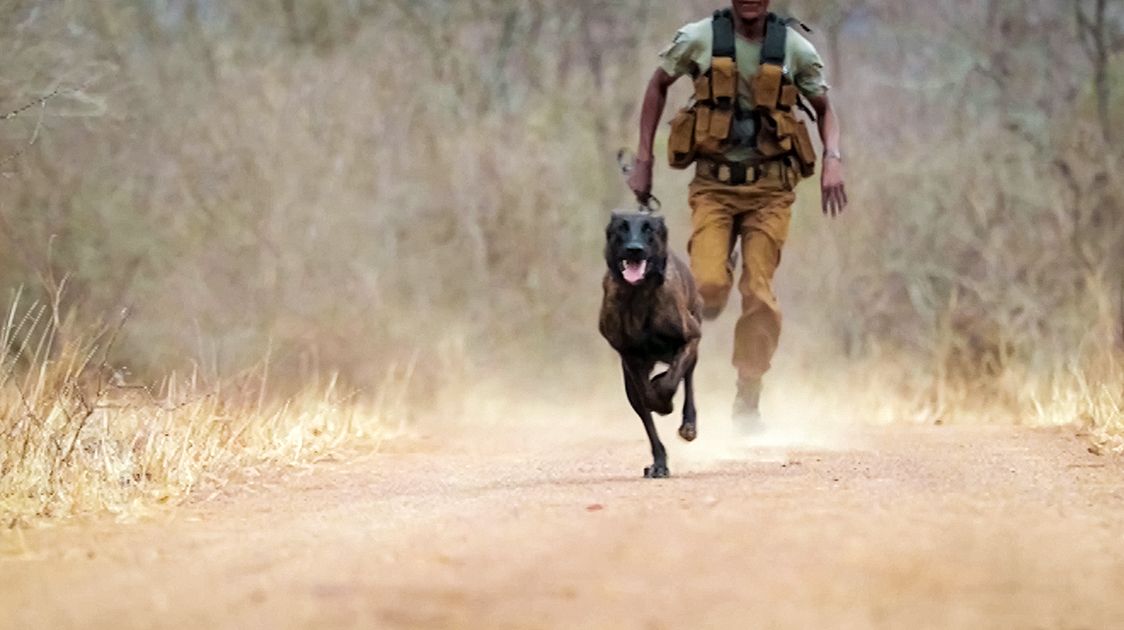
Anti-Poaching K-9s: Take Action Dog Unit (8-min Video)
Kieth Sparks is the director of the Take Action Dog Unit, which takes a very different approach to the normal operations of a K-9 unit.
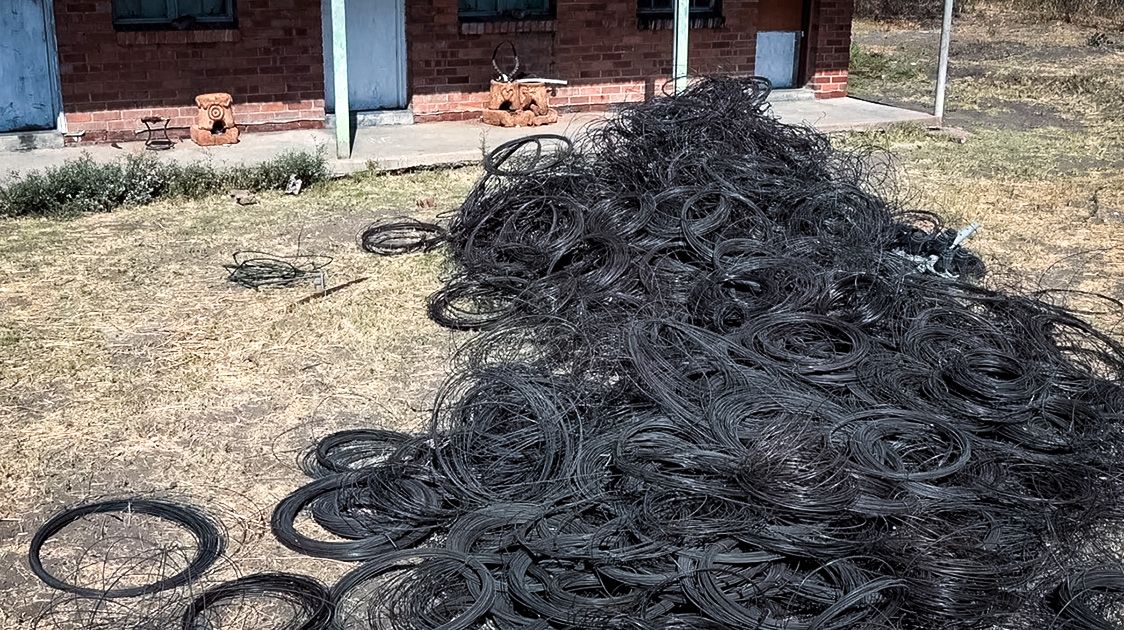
How Zimbabwean Guides are Helping to Conserve Wildlife and Wildlife Habitat
Guides Against Poaching (G.A.P.) was formed to find a way for members of the Zimbabwe Professional Guides Association (Z.P.G.A.) to give back to wildlife conservation, to protect our most valuable resource, wildlife and habitat and, at the same time, spend time outdoors.
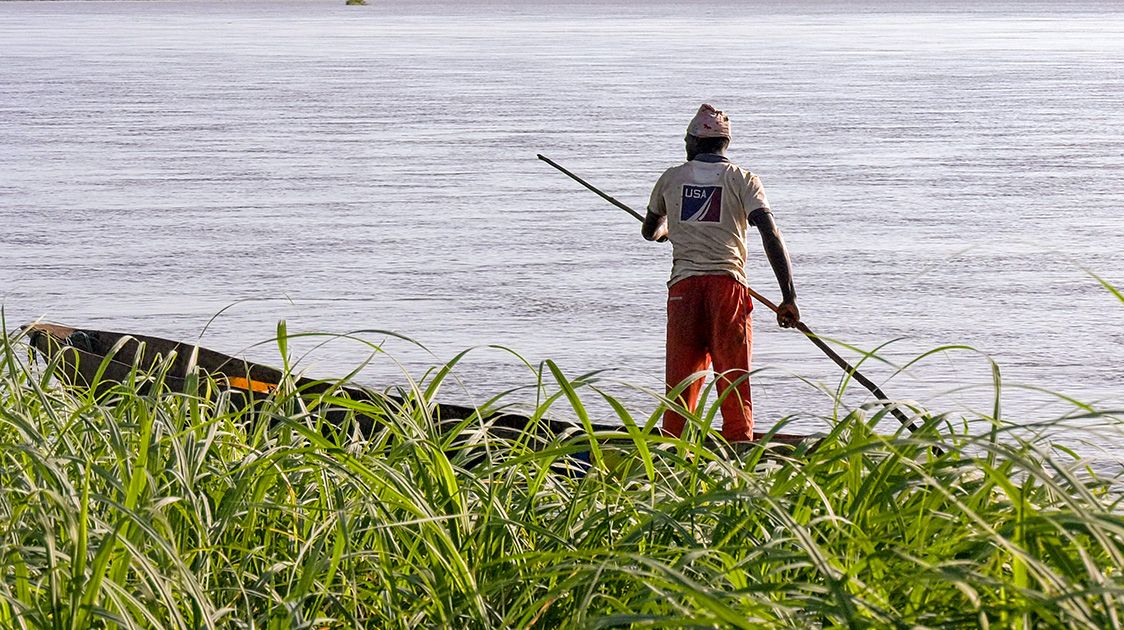
Poaching Issues on the Banks of the Zambezi River (8-min Video)
The 2500-kilometer-long Zambezi River, Africa's fourth largest, forms the border between Zambia and Zimbabwe. Wherever high concentrations of wildlife occur, poachers are inevitably attracted, and international boundaries complicate things. Director of Guides Against Poaching (GAP) John Laing and professional hunter Guy Venter discuss the poaching issues in this area.
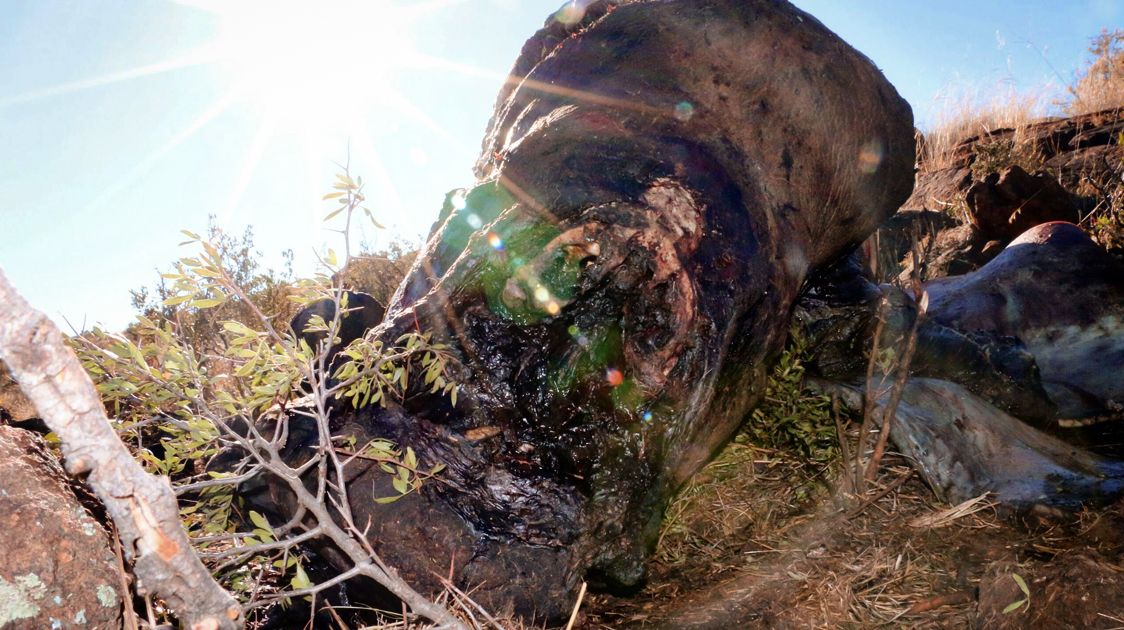
Bloody Carnage, Bloody Ridiculous
Ninety-five rhinos poached over the past few months in Hluhluwe/Umfolozi Park is bloody carnage but also predictable, and here's why.
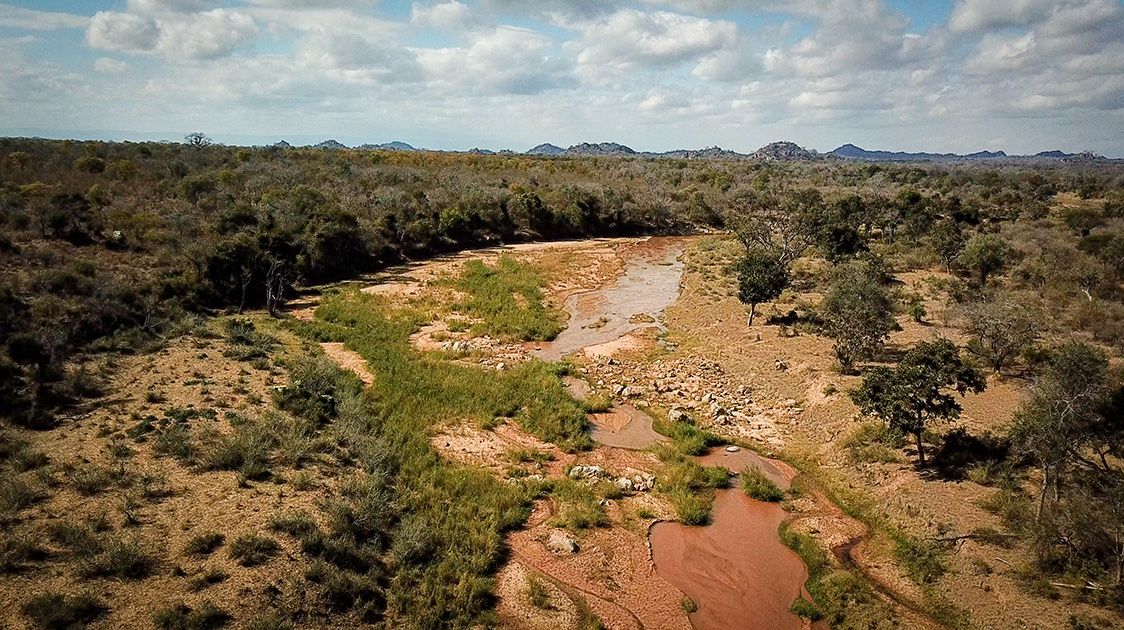
Interview with Dr Chris Comer (5-min Video)
The Safari Club International Foundation, director of conservation, Dr Chris Comer, talks about the establishment of the Save Valley Conservancy in Zimbabwe and how wildlife replaced cattle as a more sustainable form of land use. The conservancy's success has resulted in excess wildlife being translocated to other wilderness areas.
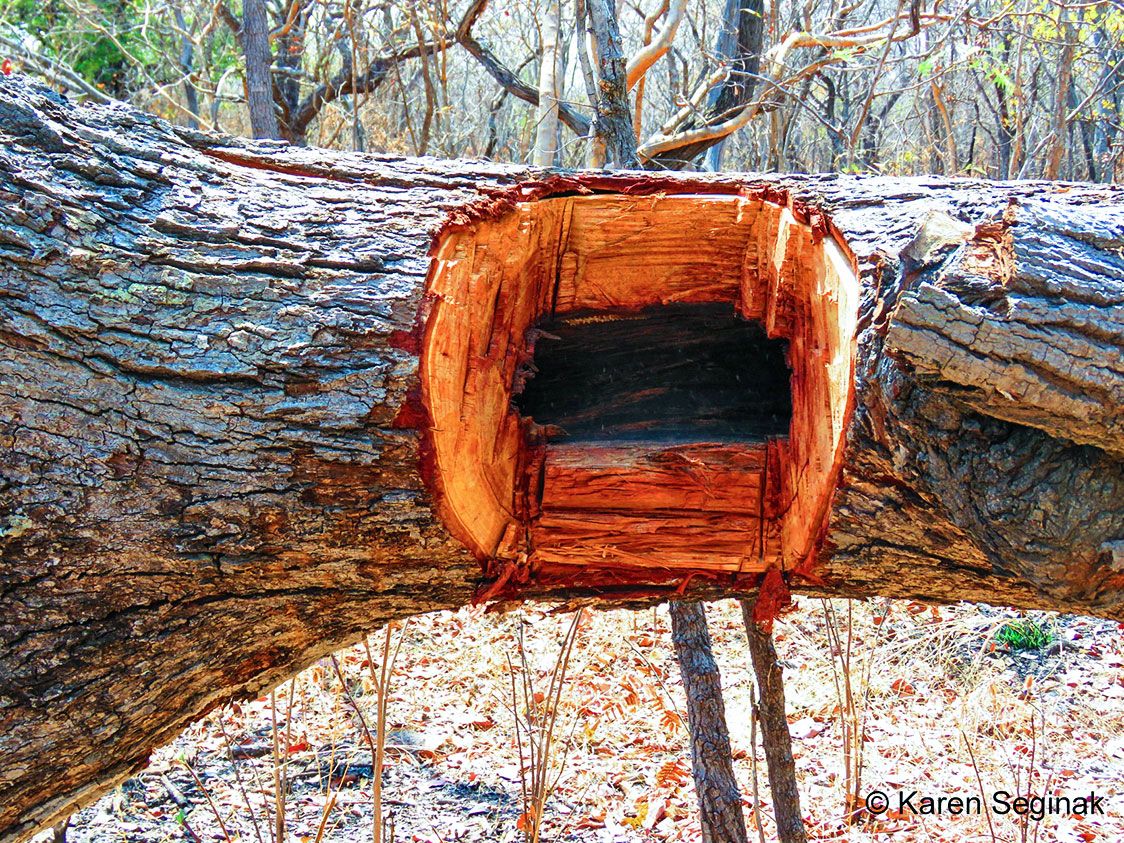
Honey for Money, But Bees Need Trees
In Tanzania hunting blocks, one can find sizable trees felled, here and there, especially along rivers and roads, lying sprawled out on the ground. Some with their limbs sawed off, but all cut at the base, with telltale rectangular choppings anywhere along the trunk where there were once important natural cavities.
Dispatches from the Frontline
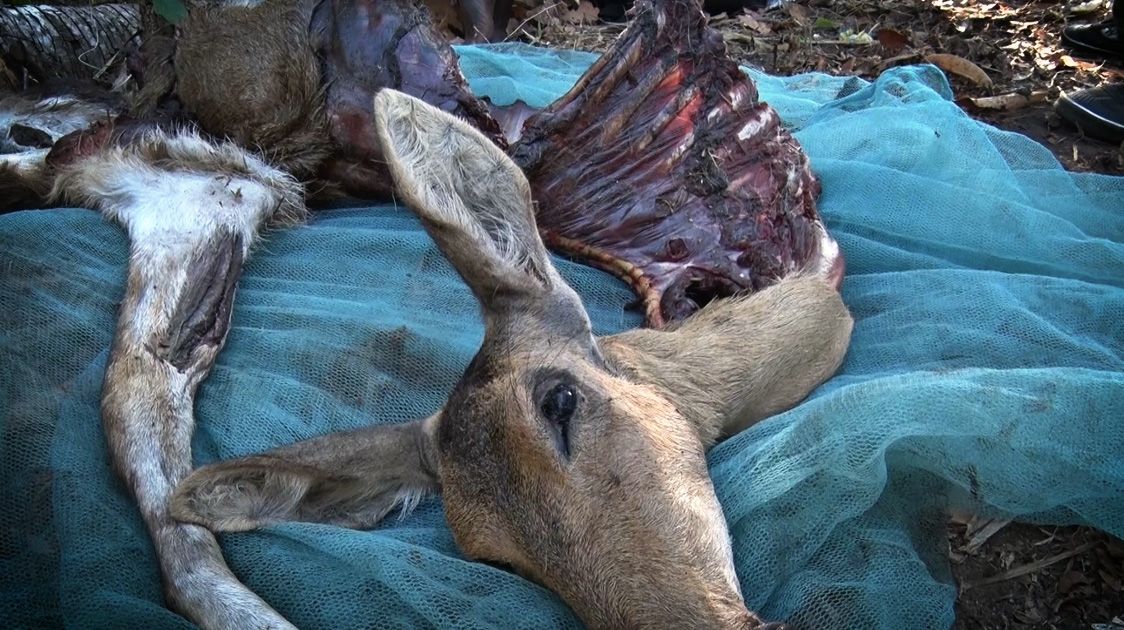
Poaching activity on private reserves in northern KwaZulu-Natal, South Africa.

